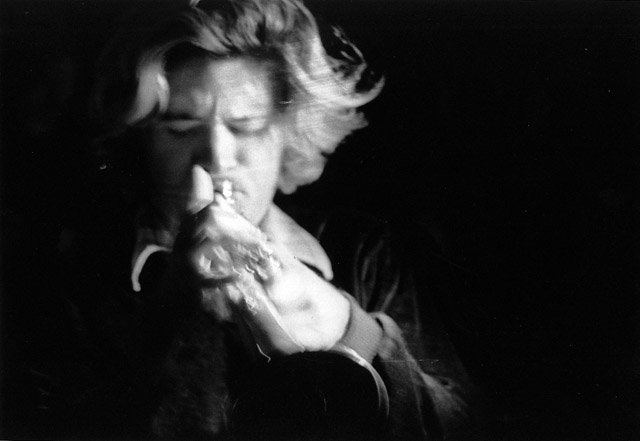
Meanwhile back in Dunedin Bathysphere released a gem of an album in 2021 that you may not have discovered yet. Here they “Lay Out” their Dunedin post-noise-rock sound:
Bathysphere is made up of a who’s-who of the Dunedin music underground, including Trace / Untrace Records founders Julie Dunn (Asta Rangu, Mary Berry) and Richard Ley-Hamilton (Asta Rangu, Space Bats, Attack!, Males), with Josh Nicholls (Koizilla, Space Bats, Attack!, Asta Rangu, Fazed on a Pony, Pearly*) and Peter McCall (Fazed on a Pony).
The music is kind of noise-rock, kind of post-rock, kind of shoegaze. Unconsciously it somehow provides echoes – if you listen carefully – of elements from each of the past four decades of that distinctive low-key understated noisy Dunedin guitar rock. In particular there’s something of the spirit of Bad Sav in the songs on this album and the way the guitars construct the sonic structures that give these songs their shape and atmosphere, but with some added dissonance.
Dunn’s introspective vocals are submerged in the mix, which has the disorienting effect of providing subdued contrast to the guitar-wrestling noise and also drawing the listener in to get enveloped in the whole band sound.




